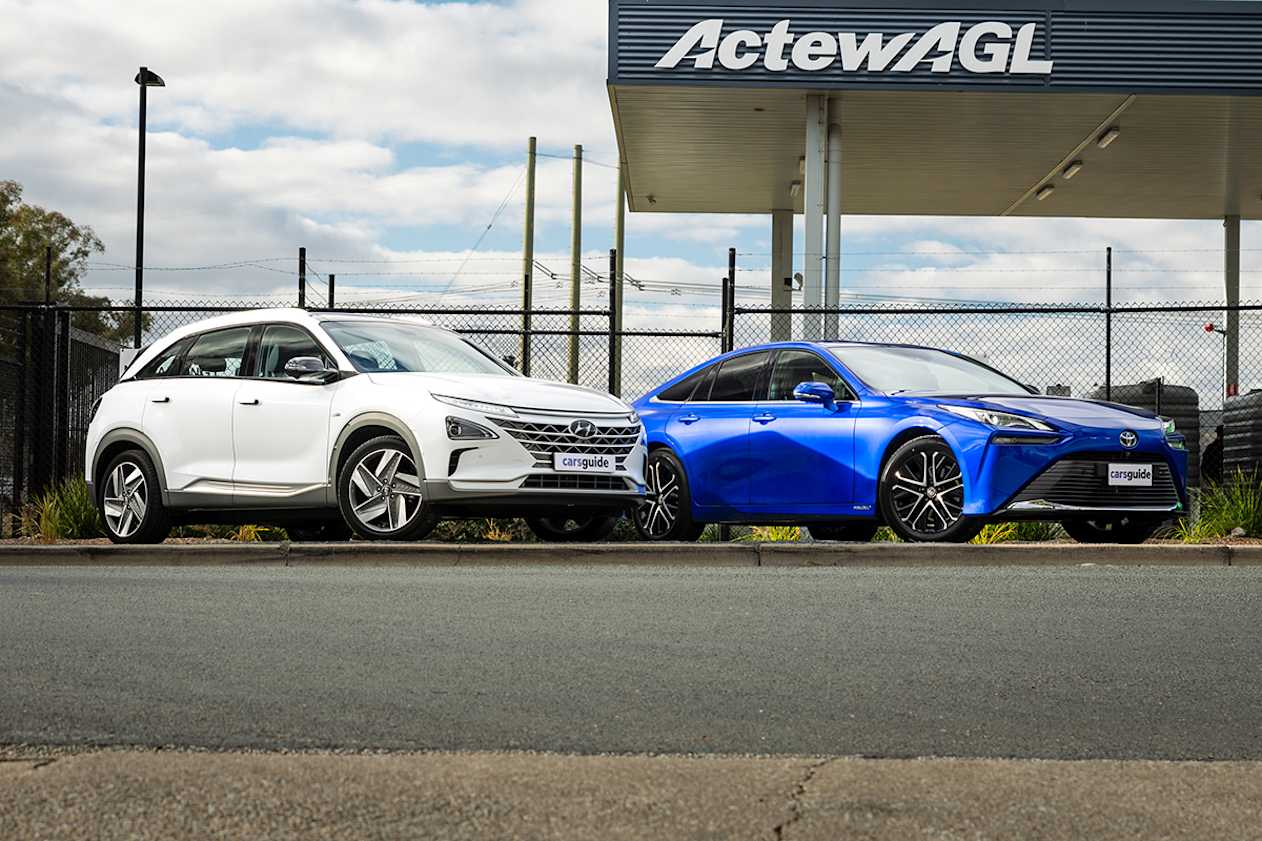Kia and Hyundai have confirmed their determination to bring hydrogen fuel cell power into the automotive mainstream, signing a memorandum of understanding with Canada’s Next Hydrogen, the goal being large-scale, economic production of ‘green’ hydrogen.
The focus of the collaboration is examining the strengths and weaknesses of various advanced alkaline water electrolysis technologies to break through the barriers currently making large-scale production of clean hydrogen too slow and costly for viable commercial production.
The Fuel Cell Electric Vehicle (FCEV) offers multiple benefits in the shape of water as its only tailpipe emission, rapid refuelling, long range and relatively light weight, as the technology negates the need for the large battery typically used in a Battery Electric Vehicle (BEV).
But there are environmental question marks hanging over hydrogen production. Currently, the most common ways of producing hydrogen are ‘steam methane reforming’ and ‘alkaline water electrolysis’.
The former uses natural gas and emits greenhouse gases in the production process. The latter is costly, energy inefficient and typically makes use of fossil fuel-based electricity.
However, the team believes using a relatively compact, super-efficient and cheap-to-build electrolyser ‘stack’, in conjunction with renewable energy sources such as offshore wind, has the potential to crack the economic efficiency code for green hydrogen production, revolutionising global industry and transport in the process.
According to Jae-Hyuk Oh, head of energy business development at Hyundai Motor Group, the work will incorporate Kia and Hyundai’s research related to electrodes, bipolar plates and current collectors.
Founded in 2008, Toronto-based Next Hydrogen has claimed 38 patents in the area of cell design and electrolyser development, and CEO Raveel Afzaal says “this partnership is expected to accelerate efforts to address the incredible emerging opportunities in sustainable transportation globally”.
While many of the world’s major car makers have experimented with hydrogen fuel cell technology in recent decades, Hyundai is one of only two manufacturers currently producing a FCEV for public sale. The other is Toyota’s Mirai.
The Nexo is a purpose-built five-door, five-seat SUV, on sale in South Korea, the USA and the UK. In 2021, Hyundai Australia supplied 20 examples to the ACT Government, in a trial coinciding with ActewAGL’s launch of the country’s first (semi) publicly available hydrogen station (in Canberra).
In 2018, the Hyundai Motor Group launched its ‘FCEV Vision 2030’ initiative, with the goal of producing 700,000 fuel-cell systems annually by 2030, including 500,000 units for FCEVs in heavy vehicle and passenger car transport.











.jpg)
.jpg)

.jpg)
.jpg)




.jpg)


.jpg)
.jpg)
.jpg)
.jpg)
.jpg)

.jpg)
.jpg)
.jpg)

.jpg)
